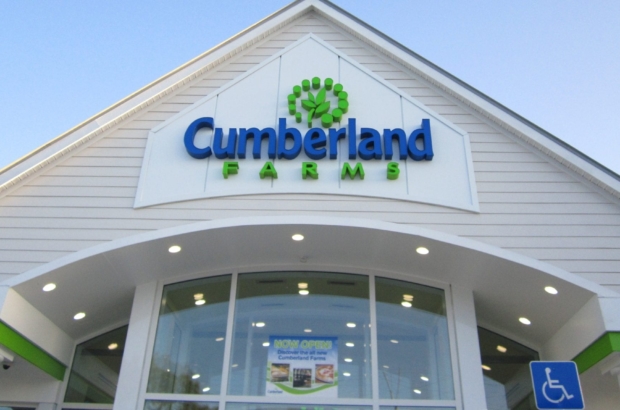
Business groups last year succeeded in blocking a ballot question proposing a millionaire’s tax by convincing the Supreme Judicial Court that the question tried to do too many unrelated things at once — hike taxes on the rich, apportion some of the money to transportation, and apportion the rest of the money to education.
Now the Massachusetts Package Stores Association is using the same argument to challenge a ballot question put forward by Cumberland Farms and approved by Attorney General Maura Healey. The proposed question would create a new beer and wine liquor license for food retailers, remove the statewide cap on how many licenses a company could hold, require retailers to verify every customer’s age, and provide additional funding to the Alcoholic Beverage Control Commission.
The package store association is calling it a “Frankenstein-like ballot initiative certain to create voter confusion,” according to a brief filed by a legal team including Robert Cordy, a former SJC justice himself.
In their decision on the millionaire’s tax, the SJC concluded that “we are unable to discern a common purpose or unified public policy that the voters fairly could vote up or down as a whole.” Indeed, voters were faced with deciding whether they wanted a higher tax on the rich and whether the money should go to education and transportation. The court concluded those were three separate decisions that could not be combined into one ballot question.
With the Cumberland Farms proposal, there are again multiple policy decisions at play. But it’s conceivable they all stem in some fashion or another from the primary purpose of the question — the creation of a beer and wine license for food stores.




